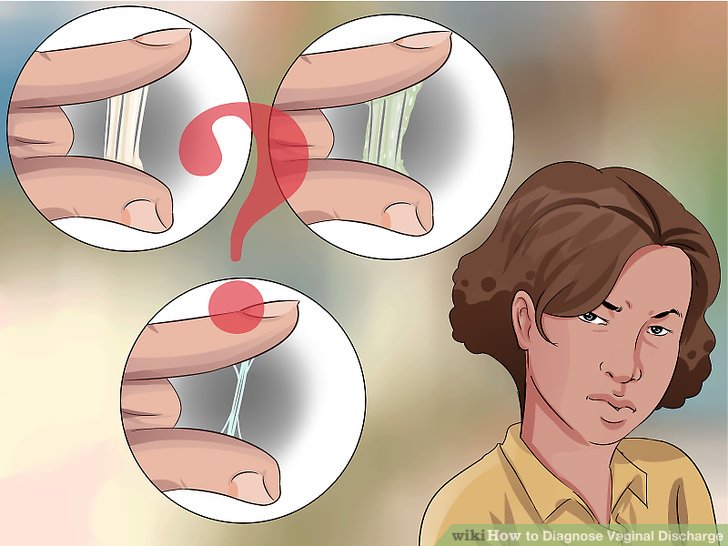
A person who has the condition known as leucorrhoea often experiences a white discharge in the vagina. It can also occur during puberty, pregnancy, or premenstrual period. Other symptoms include backache, itching, and fatigue. The discharge can also be accompanied by rashes or inflammation in the genital area. It is recommended that you seek medical advice if you notice any of these symptoms.
The presence of a yellowish-green discharge from the vagina may indicate the presence of leucorrhoea. This discharge is odourless and usually accompanied by pain and the desire to scratch the vagina. However, the discharge does not affect the women’s menstruation. A woman’s body produces one teaspoon of discharge per day. While this discharge is normal for women of reproductive age, it should not be considered a cause of concern.
Another symptom of leucorrhoea is an abnormal vaginal discharge. The discharge is usually white or yellowish with a foul odor. In addition, patients often experience a general sense of weakness and peevishness. Sometimes, leucorrhoea can be a sign of sexually transmitted diseases or postpartum bleeding. In the Unani system of medicine, disease is classified based on the color of the vaginal discharge. There are five main types of vaginal discharges: clitoris discharge, internal-vaginal flow, and external vaginal wash.
Despite the appearance of leucorrhoea, the discharge is not an infection. A woman’s body naturally produces a small amount of vaginal discharge every day, and this discharge is a part of the immune system’s protective mechanisms. When this discharge becomes excessive, it can be dangerous, resulting in pelvic inflammatory disease. If left untreated, leucorrhoea can lead to pelvic inflammatory disease.
Symptoms of leucorrhea may occur during pregnancy or at the onset of menstruation. During pregnancy, the body produces more estrogen, which causes the mucus to become yellowish in color. In addition to infection, leucorrhea can also occur due to hormonal disorders. Yellowish discharge may be the result of an infection. In addition, it may be a symptom of pelvic inflammatory disease, a bacterial disease, or a diagnosis of infertility.

Patients with leucorrhea often have white vaginal discharge. The doctor will determine if this is an infection or a symptom of a more serious illness. The discharge may be white, creamy, or red, but it may also be yellowish or black. The symptoms of leucorrhoea can be mild or severe. The best way to treat leukorrhea is to see a doctor.
Leucorrhea is caused by increased blood flow to the vagina, which causes vaginal discharge. A person with leucorrhea will feel general weakness or even pain during urination. The symptoms of leucorrhoea can range from mild to severe. There is a wide range of possible causes of this disease. Read more useful information about the causes and symptoms of leukorrhea on the pages of the author’s medical blog by จูมสี เสรีโยธิน.
The discharge is a yellowish-white, odourless, and sticky discharge. While this is a normal condition, some women may experience it more frequently than others. In addition to a vaginal discharge, leucorrhoea can be accompanied by a foul smell or an itching or burning sensation. It is important to consult a physician as soon as you notice this condition.
In addition to a yellowish-green vaginal discharge, patients with leucorrhoea will also notice an increased volume of discharge during their menstrual cycles. Symptoms of leucorrhoea include vaginal inflammation of the uterus. There are other causes of this condition as well. It is not uncommon for women to experience a vaginal discharge at various stages of pregnancy.
When it comes to preventing leucorrhoea, the best way to prevent it is to modify your diet. This means eliminating certain ingredients and including healthier ones. The following tips are beneficial for women with leucorrhoea. The following items should not be eaten or drunk because they can cause the condition. They can also lead to a rash, which will affect your self-esteem.
Infection-related leucorrhoea is caused by the weakening of the uterus’ nutritive power. Several foods that improve the condition are highly beneficial to your body. Apples, safflower, and lemon juice can improve your digestion. The aforementioned food choices will help you ward off this infection and ensure that you have a healthy and happy pregnancy.